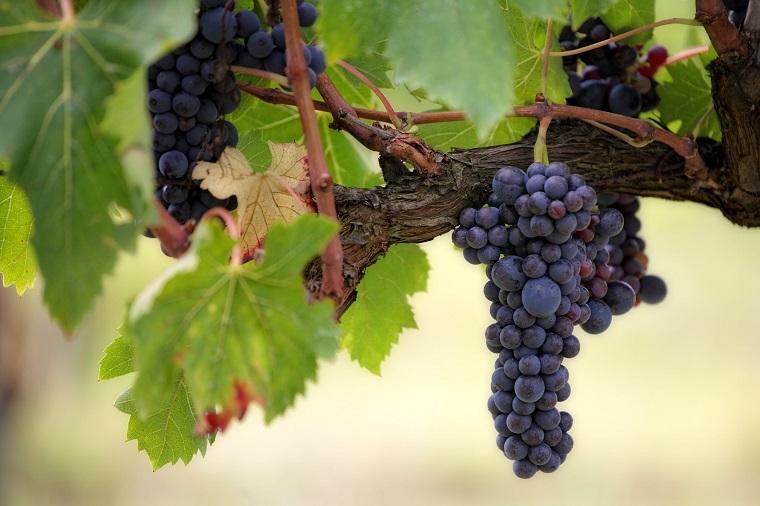
The Gospel of John (3) Theme: "The First Miracle of Jesus"
John, the author of the Gospel of John, describes the miracles that Jesus performed as "signs" (evidence) that Jesus is our Savior and the Son of God.
Today, I would like to talk about the first miracle.
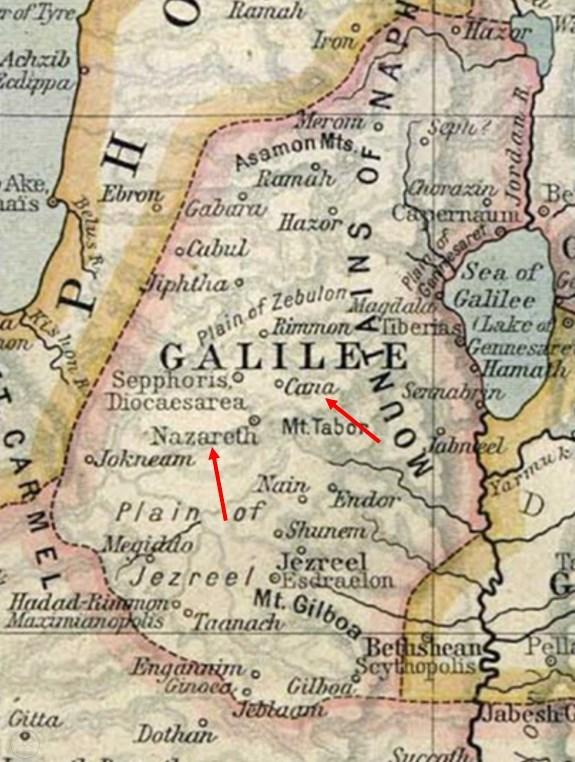
In those days, weddings in Israel were celebrated with great pomp and circumstance for the entire week. There were many guests every day, and They prepared many feasts and wine. A brief synopsis of the event is as follows.
Jesus, His mother Mary, and the disciples were invited to a wedding in Cana of Galilee. When they ran out of wine in the middle of the feast, Jesus’ mother said to him, “They have no more wine.” “Woman, why do you involve me?” Jesus replied. “My hour has not yet come.” His mother said to the servants, “Do whatever he tells you.” Jesus said to the servants, “Fill the jars with water”; so they filled them to the brim. Then he told them, “Now draw some out and take it to the master of the banquet.” They did so, and the master of the banquet tasted the water that had been turned into wine.
Here is a conversation that makes no sense.
Mary, the mother, is desperately trying to solve the problem of running out of wine, believing that Jesus can solve the problem, but it was against her expectations, Jesus gave a cryptic reply.
“Woman, why do you involve me?” Jesus replied. “My hour has not yet come.” (4).
Mary, the mother, knew better than anyone else that Jesus was the Son of God, and she believed in His power, so it was quite natural that she consulted Him first when she was in trouble. But the first thing Jesus said to her was, "What have you to do with me?” Jesus' first response was a seemingly cold-hearted, “Woman, why do you involve me?”
I can only imagine the shock Mary must have felt when she heard those words. "For my hour has not yet come. She probably didn't understand the meaning of that statement.
It is difficult to understand the meaning behind this because Jesus immediately started to act on Mary's request, fulfilling her wish and performing the miracle of turning water into the finest wine.
I might say it is a little off-topic, but there is another passage that is very similar to this event, and it is
I would like to note that in this scene of the wedding at Cana, as well as in Matthew's account, Jesus does not downgrade his concern for his fleshly family, but rather expands his family to mean, "Whoever does the will of my Father in heaven is my brother, sister, and mother" (50).
"When is Jesus’ time?”
If the time of Christ is the time of His glorification, then it certainly was not this time, but it does not seem to have been done merely to make up for the lack of wine.
At weddings, the Jewish community would have a jar of "water for purification”.
There was a custom of cleansing with water.
This may be the same as John the Baptist performing the ritual of sanctification of sins by immersing himself in water as I mentioned last week.
On the other hand, at the wedding in Cana, Jesus changed the "water for purification" to "wine". The wine means the blood that Jesus shed for the atonement of our sins. I think this miracle has prophetic overtones of Jesus' shedding of His blood on the cross, don't you?
Verse 11 says, "What Jesus did here in Cana of Galilee was the first of the signs through which he revealed his glory; and his disciples believed in him.”
This miracle was not intended for the general public. They were only Mary and the disciples knew about it.
It was a miracle that first showed Mary and the disciples who Jesus was.
The disciples had no way of knowing what to expect from the life of Jesus, but their conviction is that "Jesus is the Son of God, our Savior! "
So I think the disciples must have been even more determined to follow him.
By the way, "The Bible has a lot of miracles in it, but it's like a fairy tale. I think it's a good book for philosophy and morality, but..." Many people may think that.
But I believe that what God does is a series of miracles.
Through these miracles, I have come to realize that God loves people so much that He wants to save them at any cost, and that He is the one who responds to people's earnest requests and questions, even if He has to bend His original plan. Through these miracles, I have a greater sense that He is the one who responds to us.
There are many things in the Bible that we don't understand because we live in a different period and country, so some of the language and metaphors are hard to understand. However, I would like to continue to listen to the voice that speaks to us in the process of seeking the truth.


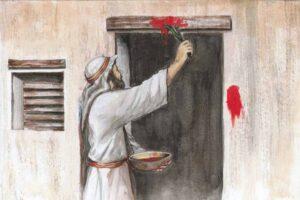





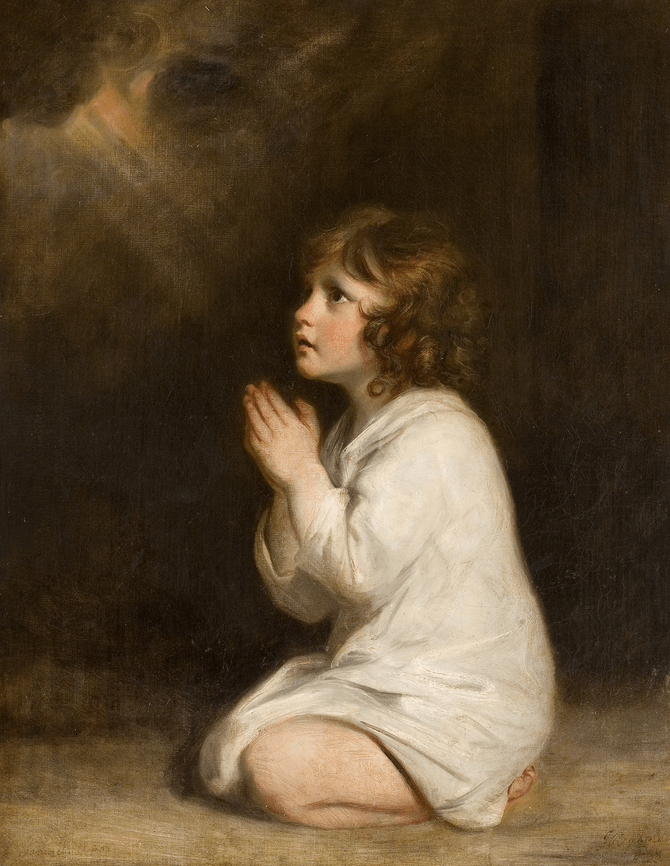













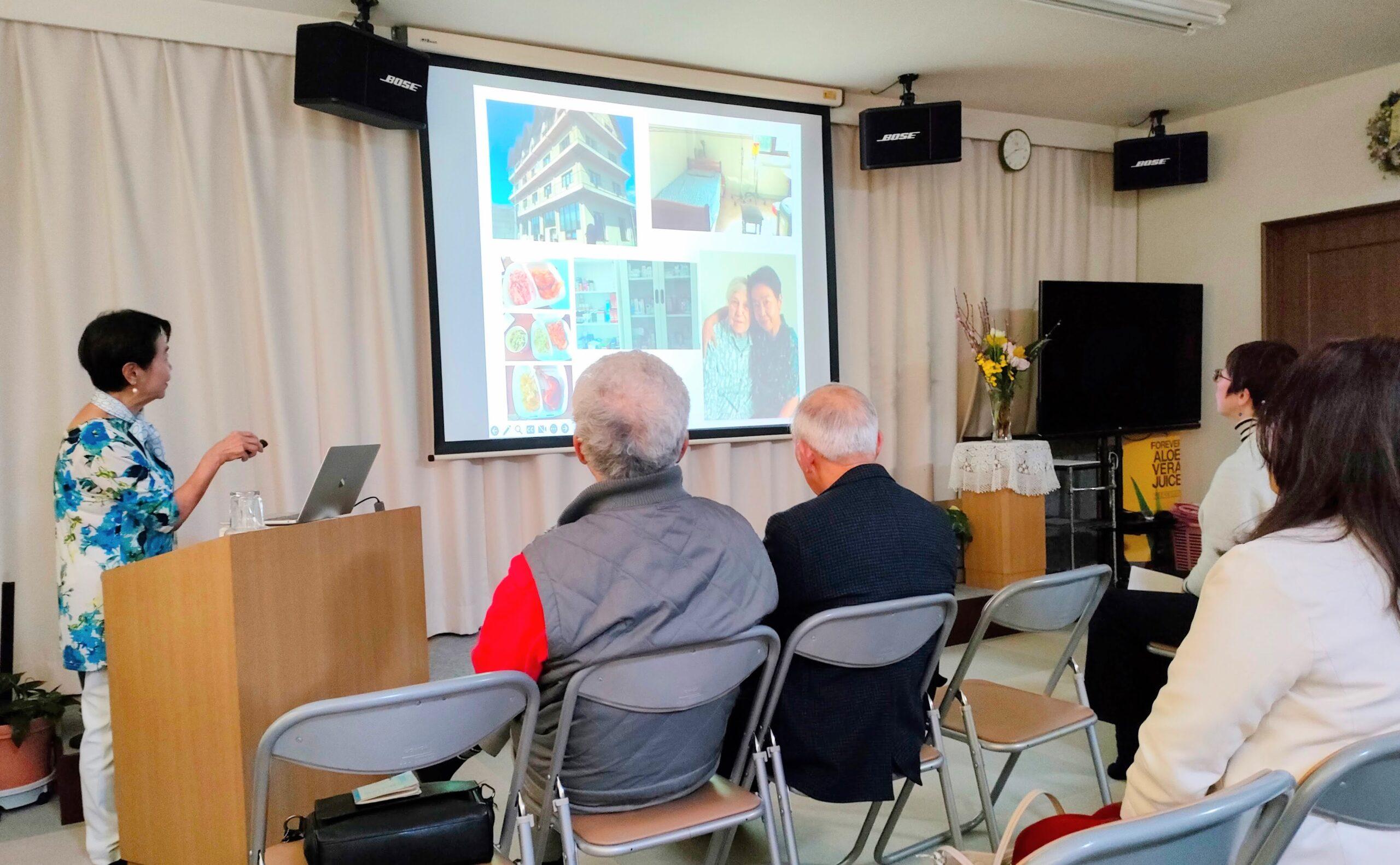
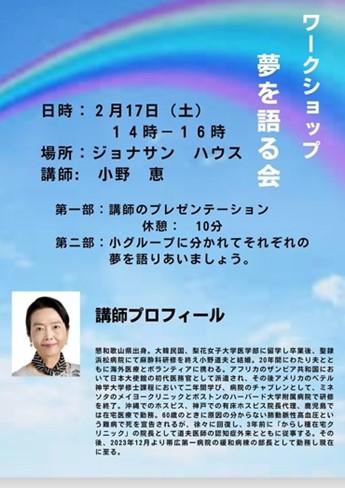
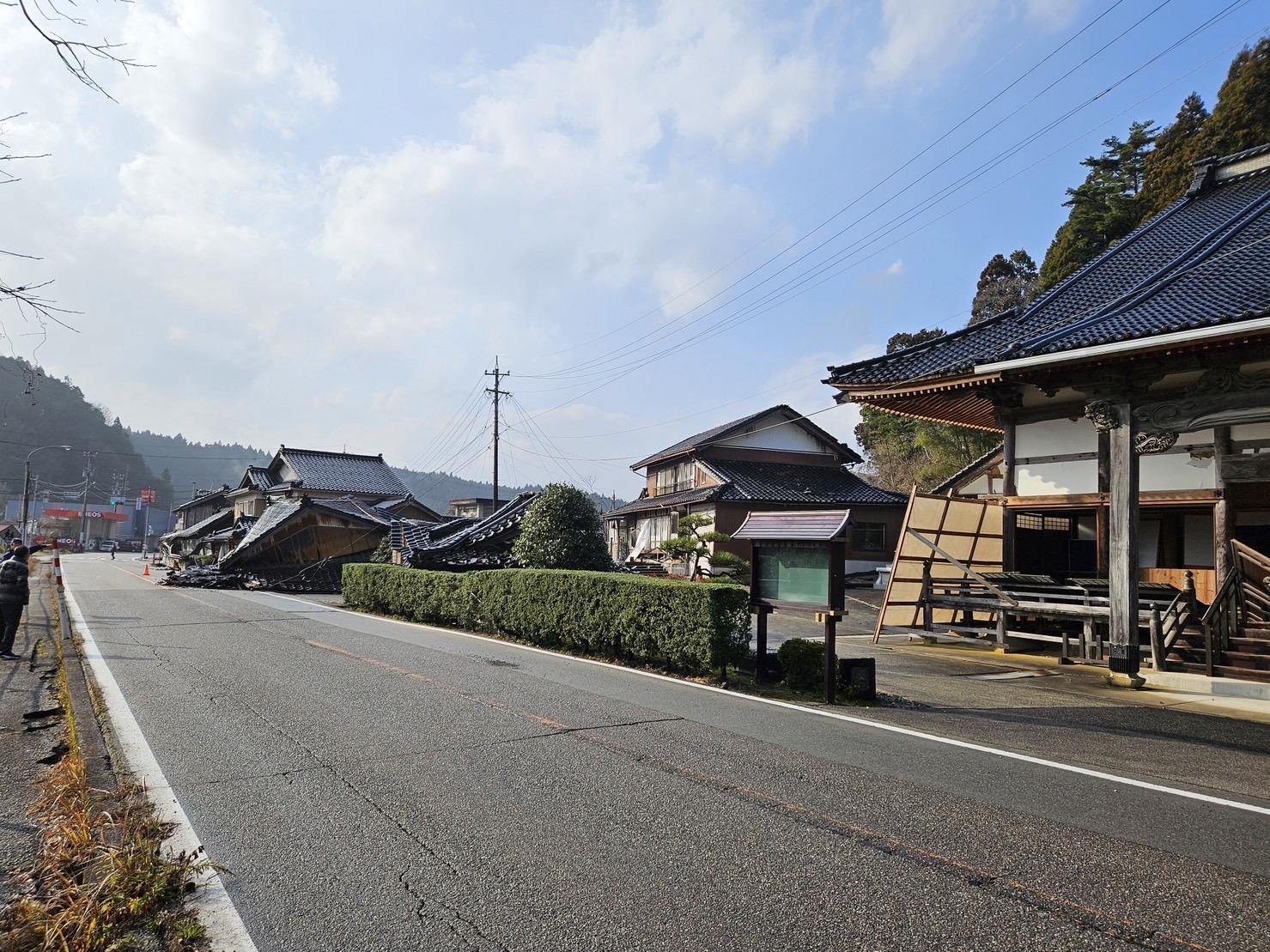
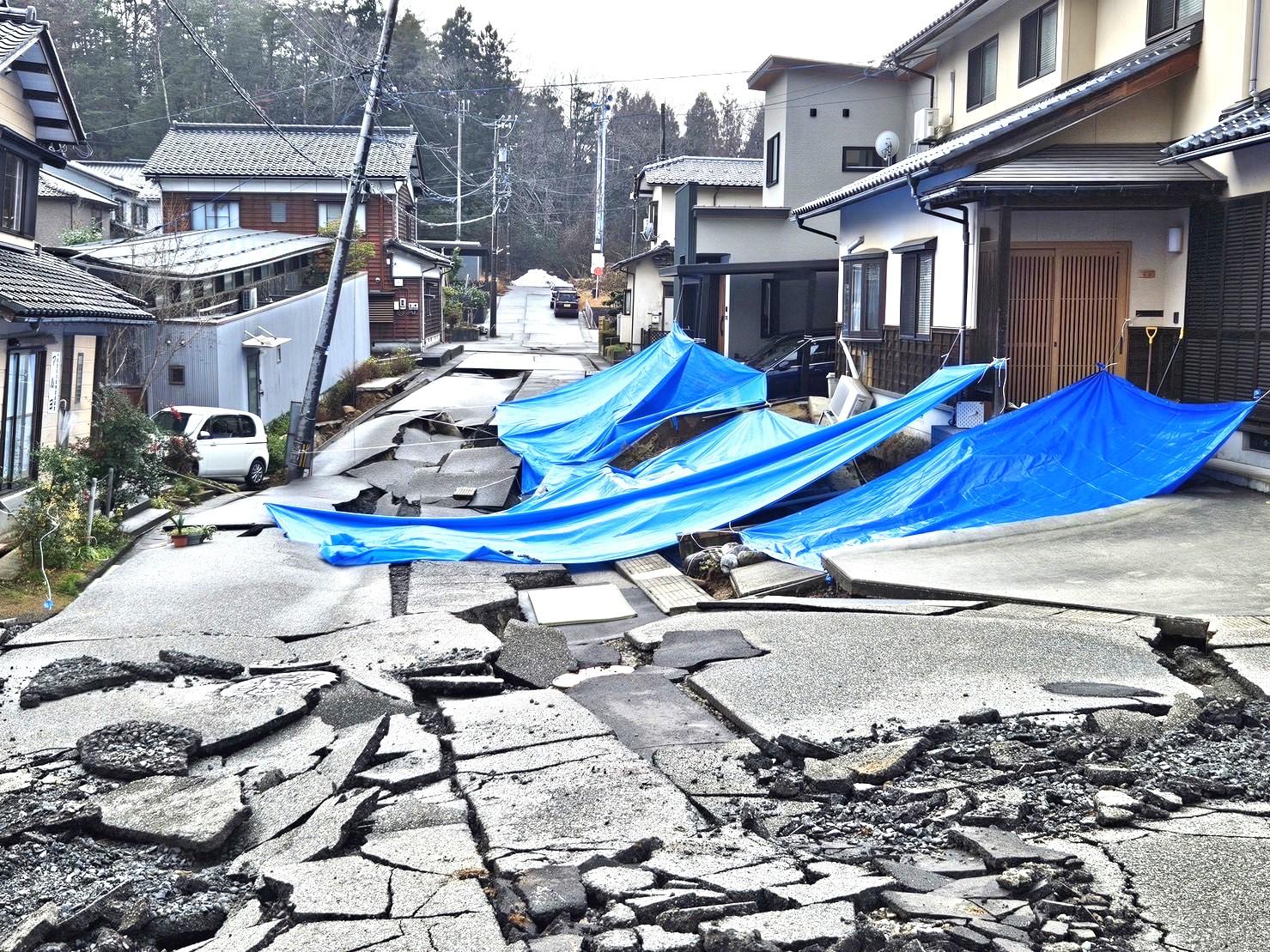
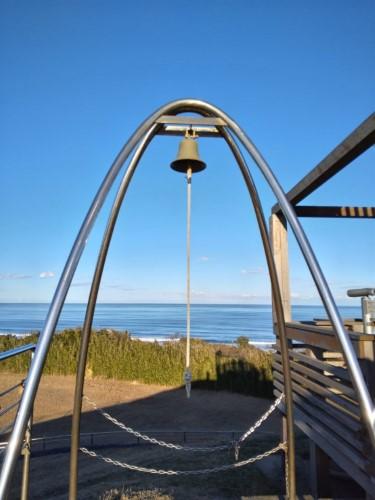

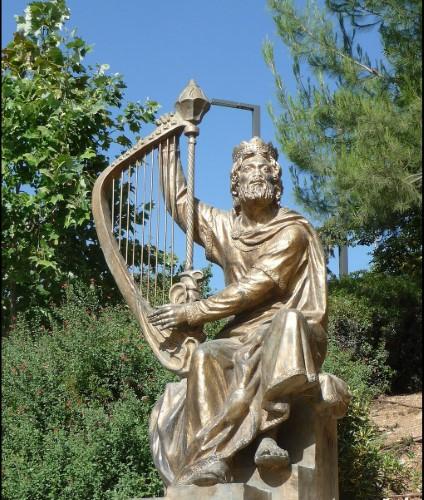




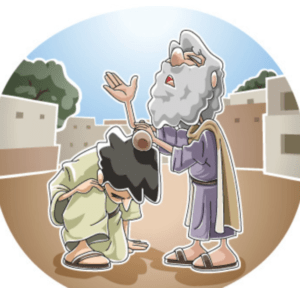

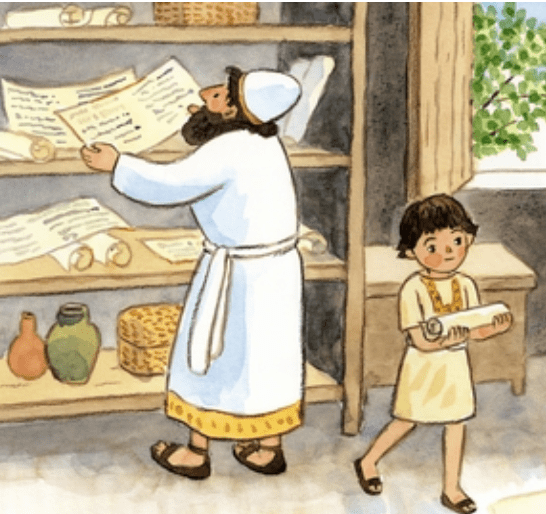

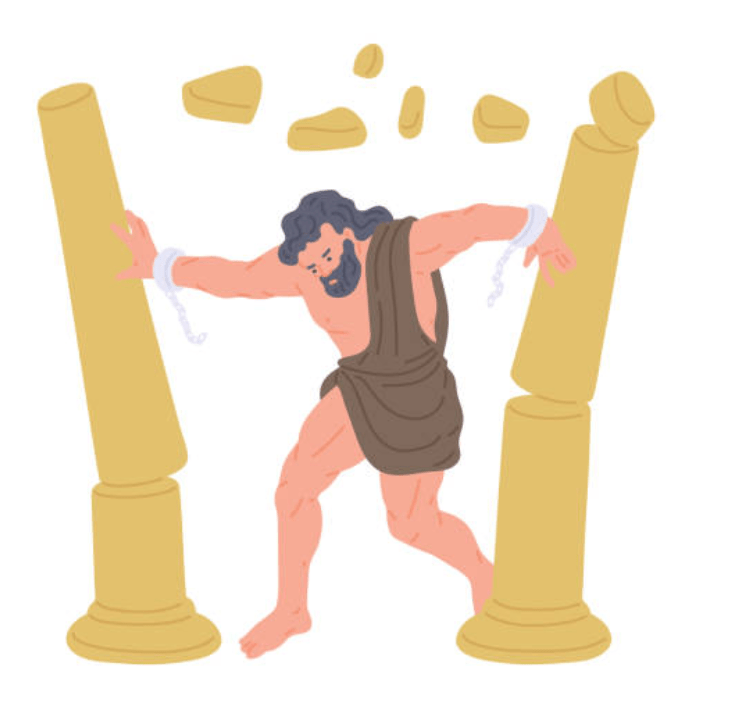

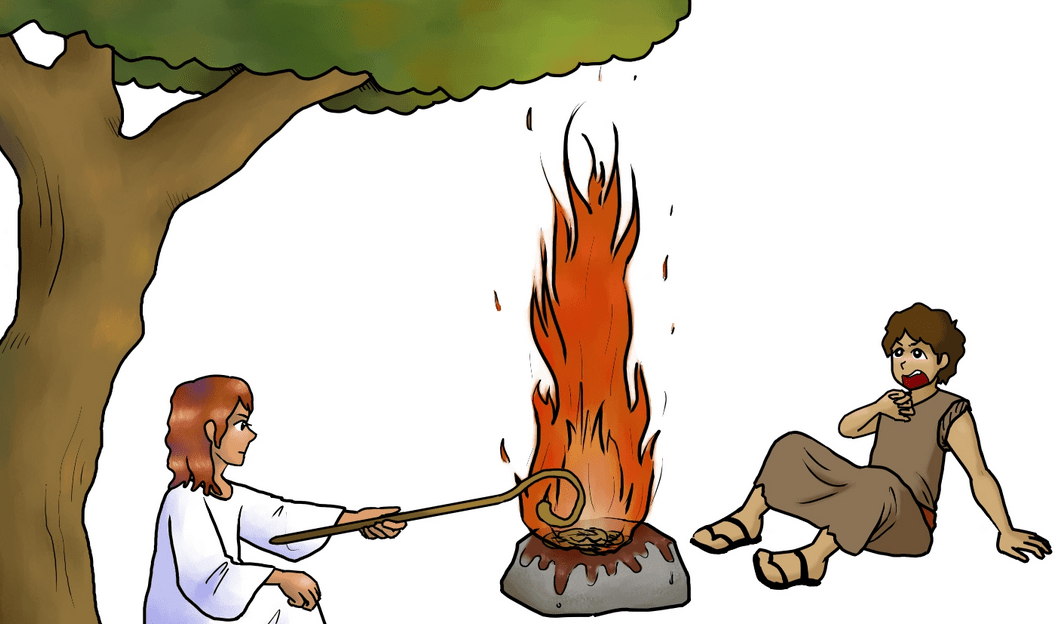
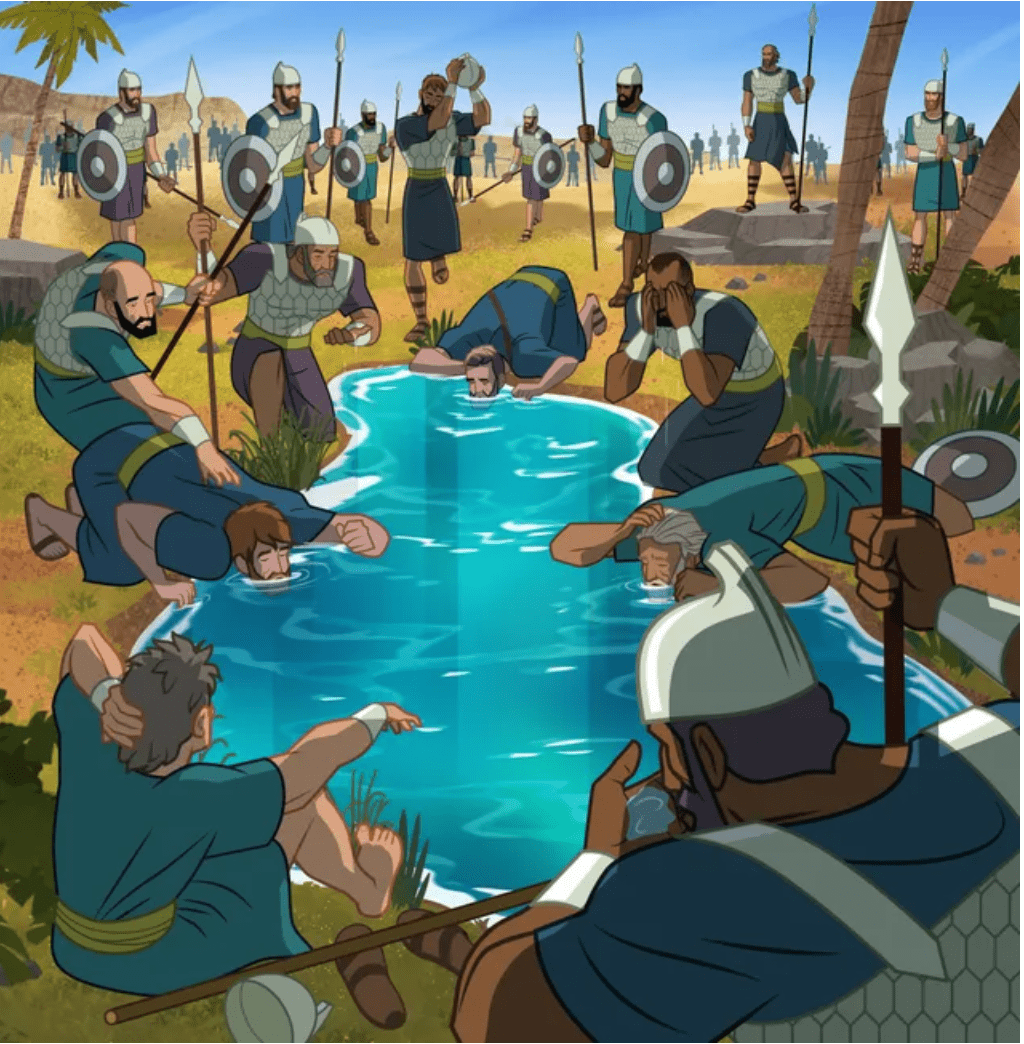
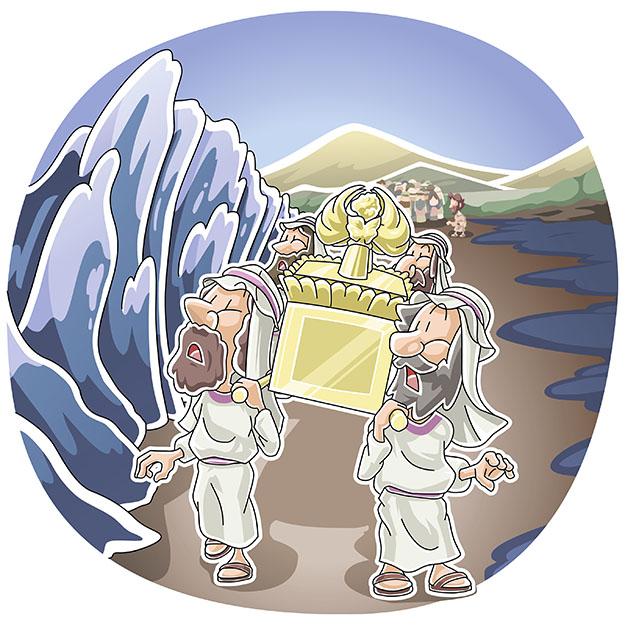
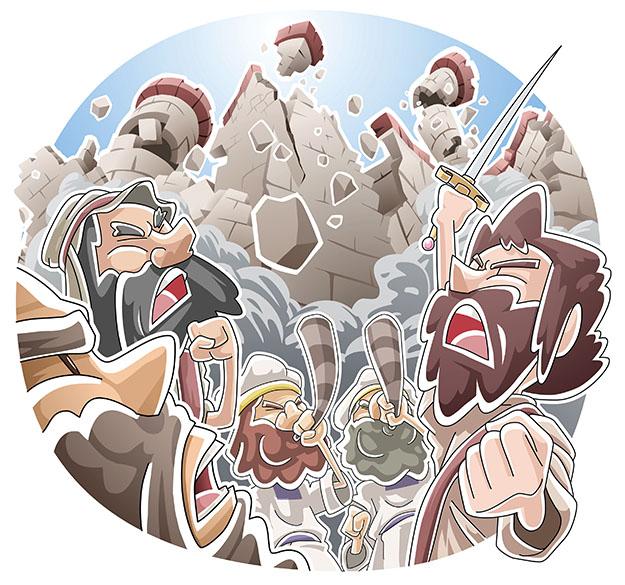




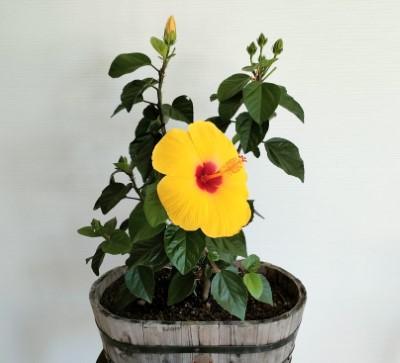




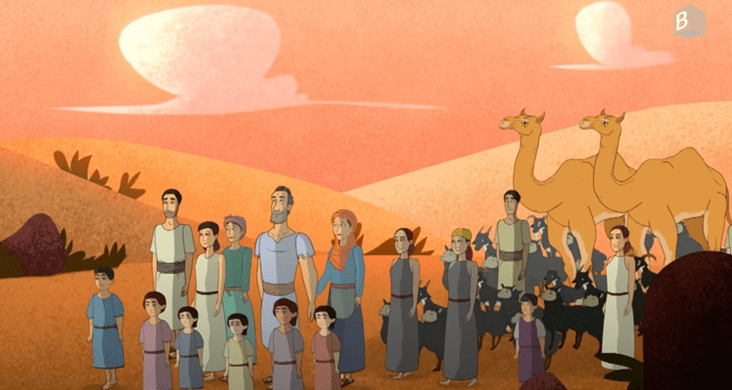




















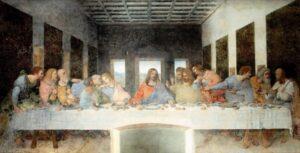
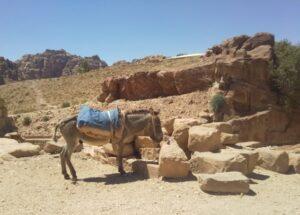


























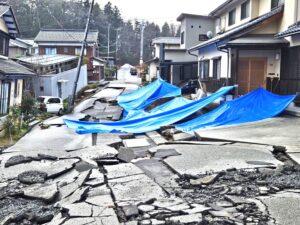

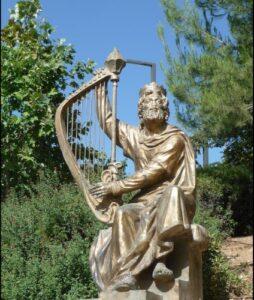

 からし種チャペルの活動に関しては、ここからお入りください。皆様のご参加をお待ちしています。
からし種チャペルの活動に関しては、ここからお入りください。皆様のご参加をお待ちしています。